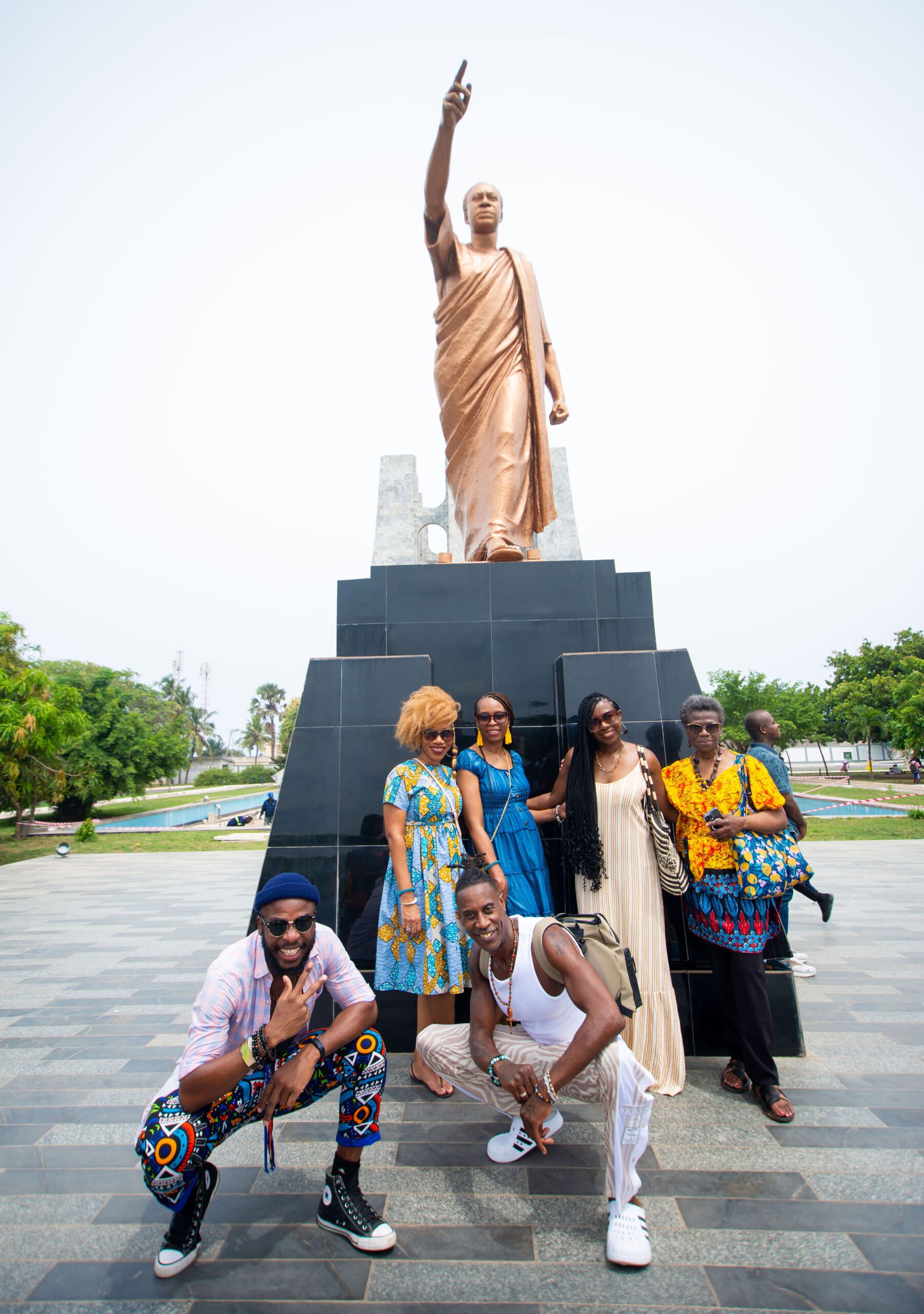
WHat you need to know before
arriving in Ghana
Multiple airlines offer regular flights to Ghana from major cities across North America, Europe, Africa, and the Middle East.
Apart from ECOWAS member states and some exempt countries, a visa is required for visitors to Ghana. ⏤ Check if you need one here.
Apply for your visas from Ghanaian embassies abroad.
To enter Ghana, everyone except infants under one year old must have proof of yellow fever vaccination. Don’t forget to bring your yellow fever vaccination certificate. It’s also strongly recommended to consult a doctor well in advance of your trip to start anti-malaria medication.
Ghana is generally a safe country to visit. As with any travel destination, however, exercise caution by making sure you know what’s going on around you and protecting yourself from theft. It is also a good idea to avoid walking alone at night.




Ghana boasts a diverse range of attractions, including:
Historical sites: There are several historical sites along the Gold Coast. These include Cape Coast Castle, Elmina Castle, and other forts and castles.
Wildlife: Mole National Park, Kakum National Park, and Boabeng-Fiema Monkey Sanctuary.
Beaches: Kokrobite Beach, Busua Beach, and Ankobra Beach.
Cities: Accra, Kumasi, and Tamale.
Ghanaian cuisine is a delicious blend of flavors and spices. Some of the most popular dishes include:
Jollof rice: A savory rice dish with tomatoes, onions, and spices.
Fufu: A starchy dough made from cassava or yams, eaten with soup or stew.
Banku: A fermented corn dough like fufu.
Red red: A spicy bean stew with plantains.
Kelewele: Spiced fried plantains.
Ghanaians have a reputation for their friendly and welcoming nature. Here are a few things to keep in mind when interacting with locals:
Greetings: It is customary to shake hands when meeting someone for the first time.
Tipping: Tipping is not required, but appreciated.
Bargaining: Bargaining is common in markets and shops.
Ghana’s currency is the Ghanaian cedi (GH₵). Credit/debit cards are widely accepted in tourist areas, but carrying a little cash can be useful. Exchange currency at banks, forex bureaux, or some hotels. Mobile Money usage is, by far, the most popular.
To use electrical appliances in Ghana, ensure that: They operate on 220-240 volts, or can be adapted to that voltage, have compatible 3-pronged plugs (Type G, British standard) 2-pronged (Type D, round) or Continental European types with adapters. If your appliances don’t meet these requirements, you’ll need adapters or converters.